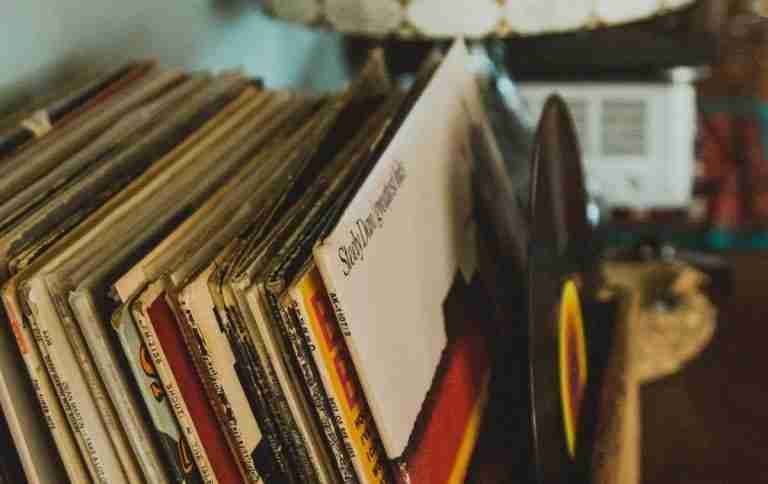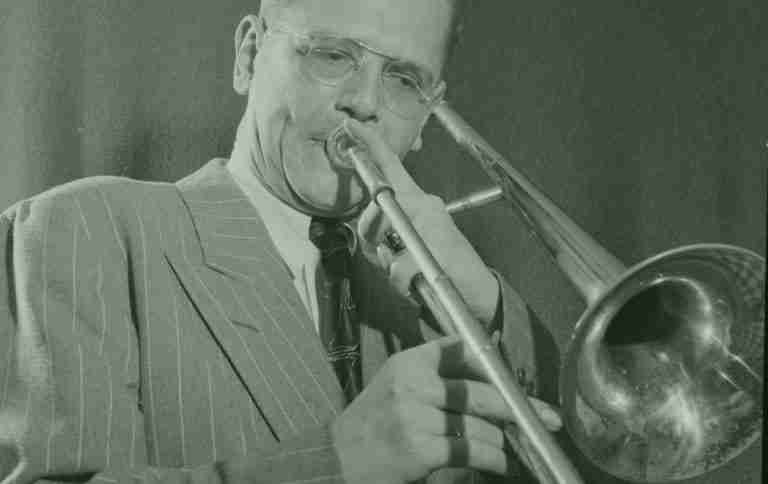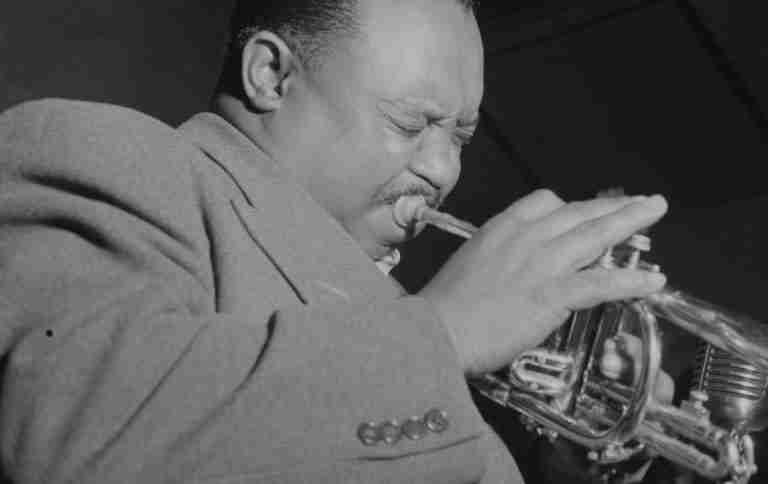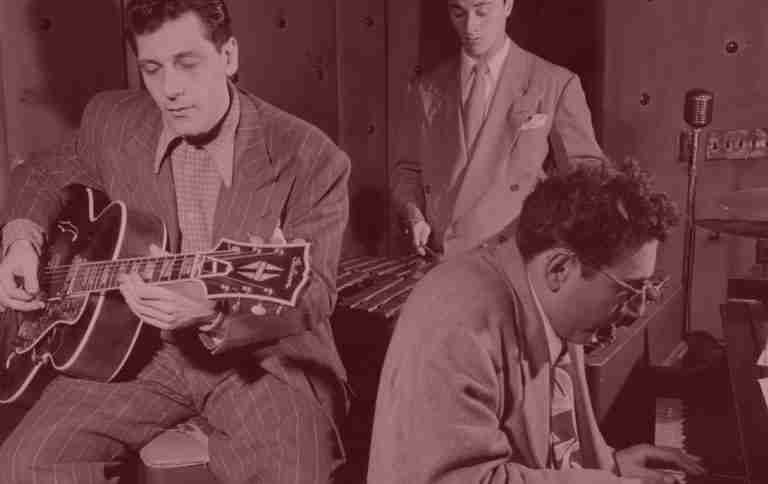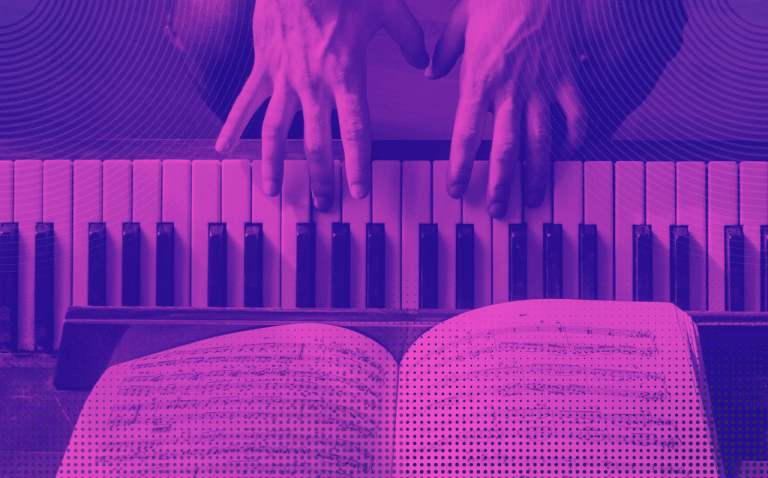Overcoming Obstacles in Transcription
By
Whether it’s figuring out difficult double-time passages, navigating advanced technical lines, or even finding the motivation to do it everyday, transcribing can be difficult. Transcribing, while essential to learning to play the jazz language, is often one of the most demanding tasks to complete on a regular basis for improvisers. Two readers recently asked questions …



